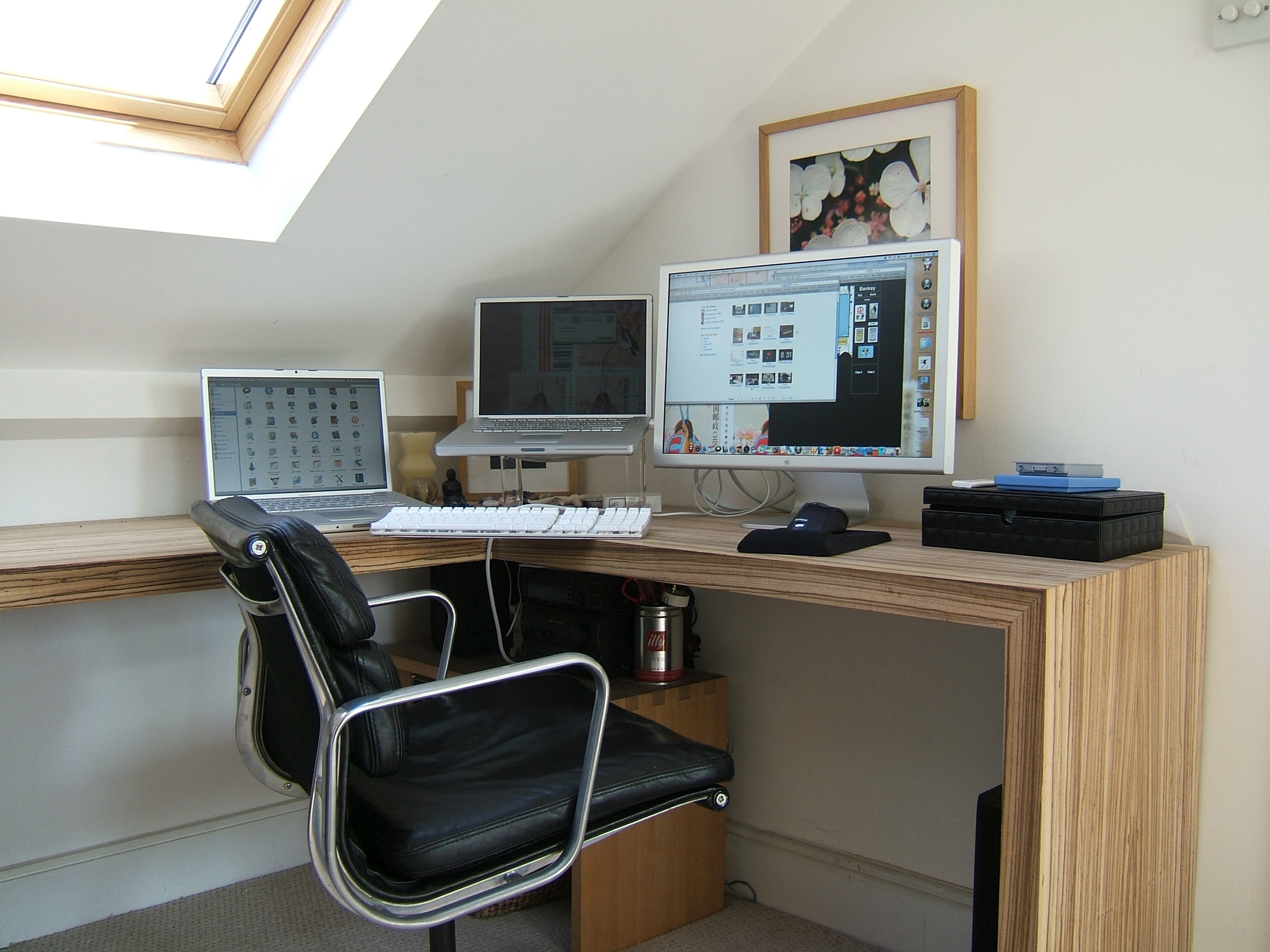Old technology can sometimes be hard to part with. However, by failing to embrace new technology, you could be harming your business. This guide explains when and why you should upgrade your old tech – as well as how to do it successfully.
Why many businesses stick with old technology
If you’ve been using the same piece of software or the same machine for years, it’s likely that there’s a reason why you’ve stuck with it for so long. A few common reasons why businesses stick with old tech include.
· Convenience: Old technology can be convenient because you already know how to use it. You may even consider yourself an expert on how to use it. Moving to new technology means having to learn the ropes all over again. It could also mean having to retrain employees and possibly alter the whole structure of your business.
· Cost: Adopting new technology could be expensive. If you’ve just paid off a loan on an old machine or currently pay low subscription rates, you may not want to necessarily splash out on new tech.
· Reliability: Your technology may still work perfectly fine. Many of us fail to see the need to upgrade technology until it breaks or starts to slow down. Unfortunately, many companies overlook the fact that while old technology may not be broken, it could be a lot less efficient than modern equivalents on the market.
The dangers of using old tech
While there may be benefits to sticking with old tech, you could find that there are greater weaknesses to using old technology. Below are some of the biggest dangers to relying on old technology.
You could fail to keep up with the efficiency of competitors
Your competitors may have moved onto new software or new hardware. This technology could be faster and more powerful. It may even allow new functions that you hadn’t even considered beforehand.
An old piece of software for instance may still require you to do some processes manually while a newer piece of software may be able to automate these processes for you. There may even be analytics features that allow you to extract data and make better business decisions in the future.
Such technology could allow your competitors to provide faster service, more advanced customization and better quality results. This could cause you to lose customers to your competitors. By keeping your technology up-to-date, you can ensure that this doesn’t happen.
There could be health and safety/security weaknesses
New machinery could be a safer option. Old machinery may not only lack modern safety features, but may become less safe to use over time as faults occur. This is particularly the case with manufacturing or construction machinery in which the potential for a serious accident is much greater.
As for new software, this could be a more secure option. Older software may not have data backed up on the cloud or may be easier to hack. This is particularly the case with old software that is no longer supported by the vendor.
It could be costing you more money in the long run
While it may seemingly cost a lot of money to upgrade to new tech, you could find that you save money in the long run.
This is very much the case with machinery. Over time machinery is more likely to develop faults, which will need to then be repaired. Even if machinery doesn’t break, you could find that it becomes less energy-efficient over time. Newer machinery is likely to consume a lot less energy compared to machines of 10 or 20 years ago.
It could be negatively affecting your business image
If customers see you using technology that is visibly old, they may doubt the success of your company and your ability to provide top quality service. It could even be something that is brought up in customer reviews.
On top of affecting customer trust, you may find that employees resent your company for not using modern technology. It may even affect your ability to attract new employees.
Signs you need to upgrade your tech
Sometimes it can be difficult to know when technology is considered ‘old’. While it can be beneficial to replace some technology every three to five years (such as office computers), you may be able to get away with using the same construction machinery or manufacturing machinery for twenty years without the need to upgrade. It’s better instead to look for certain signs of age. Below are just a few signs that it could be time to upgrade your tech.
- Your technology runs noticeably slow/breaks periodically: This is when machinery can start to become expensive to run and less efficient.
- Your technology is incompatible with modern software/hardware: Your tech could be holding you back if you cannot use it with certain programs or hardware.
- Customers/employees have commented that your tech looks old: When tech looks noticeably old, this is when it can affect your image and reputation.
- Your technology is no longer supported by the vendor: Software that no longer receives updates could be exposed to new viruses and may develop bugs that there is no patch for. Machinery that is no longer produced and sold meanwhile may be hard to find parts for if it breaks.
How to make upgrading easy
The idea of upgrading can sometimes seem like a lot of effort. However, there is likely help out there you can invest in. For instance, this Oracle Forms migration service could take the hassle out of migrating to newer software, preventing you from having to manually transfer data yourself. You could find that there are also courses out there that you can sign up to in order to learn how to use new software.
In some cases, you may be able to stick with the same brand. A newer machine or program of the same brand could be easy to migrate to and may share many of the same functions and controls (e.g. upgrading from an older Mac computer to a new MacBook Pro). In the case of machinery, you may even be able to use old parts and lubricants with it.
Many companies find that leasing machinery is a more financially sensible option than buying machinery. You may not have to pay a large upfront deposit and you have the option to upgrade to new tech at the end of your lease. This encourages many businesses to keep upgrading machinery such as computers every few years.























Leave a Reply